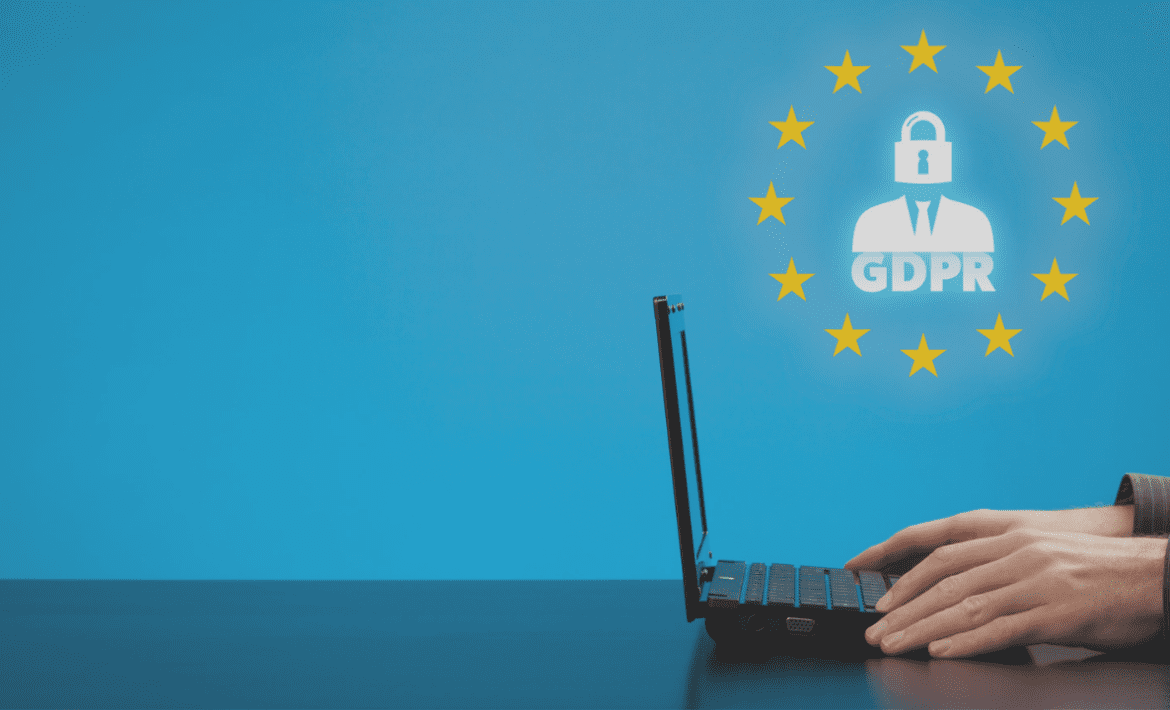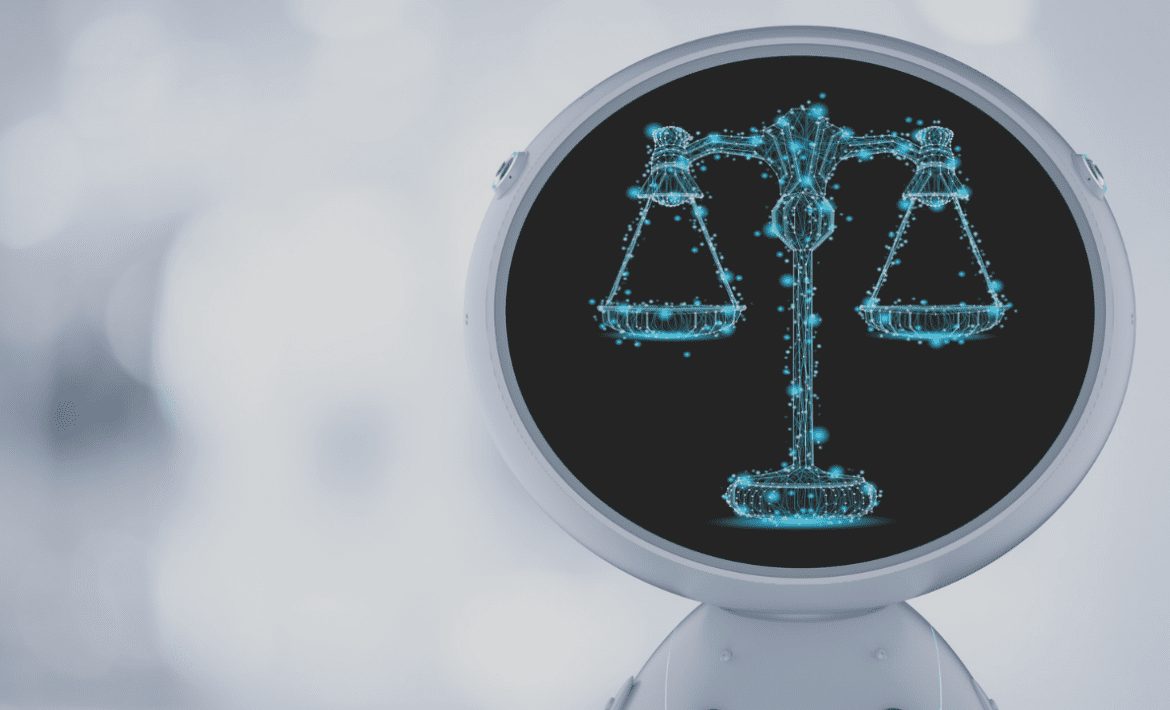UK GDPR reform: Update on Data Protection and Digital Information Bill
The UK Government has provided an update on the Data Protection and Digital Information (No. 2) Bill. The UK Government has provided an update on the Data Protection and Digital Information (No. 2) Bill. The Data Protection and Digital Information (No. 2) Bill is a proposed law that aims to strengthen data protection rules















